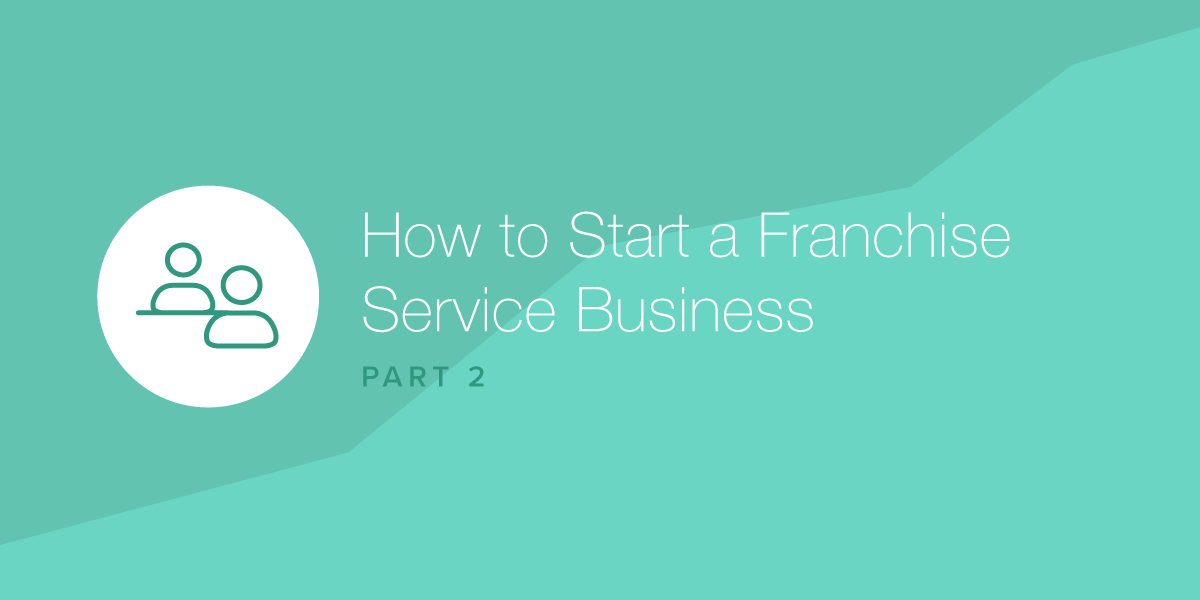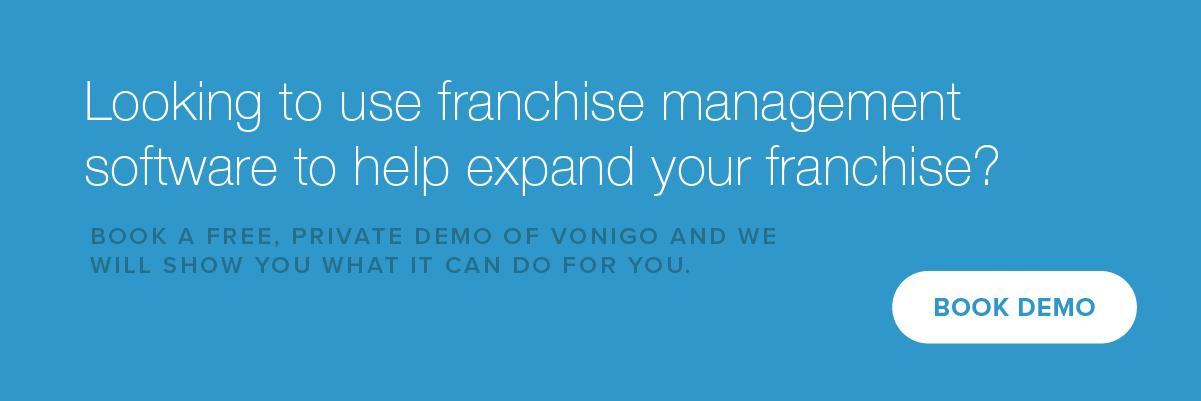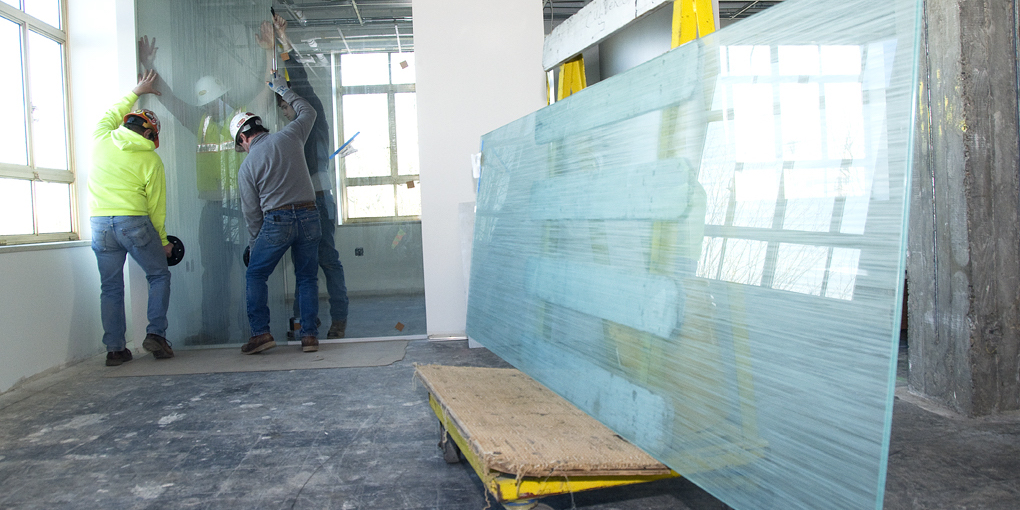How to Start a Franchise Service Business, Part 2
- October 11, 2017
- By: Vonigo
This is the second in a series of blog posts about how to start a franchise, by Tom Rather, CEO of Franchise ASAP. As a firm, they have helped over 90 clients develop their businesses into franchises.
If you’re wondering how to start a franchise, read on to learn about the requirements, including the necessary legal paperwork.
Before you franchise your business, you should establish processes and procedures that are tested and proven to work. To create a franchise, you’ll have to have some legal documentation and an operations manual that serves as a guide in day-to-day operations for franchisees.
How to Start a Franchise: Required Documents
The Federal Trade Commission (FTC) of the United States requires all franchisors to submit three key documents. For details on the requirements in Canada, refer to the Canadian Franchise Association, or read more about requirements in Australia and the UK. For the US, the required documents are listed below, along with some detail about how to compile them.
1. Franchise Disclosure Document
The Franchise Disclosure Document (FDD) is a legal document that you must present to prospective buyers of franchises. This is part of the pre-sale disclosure process in the United States. The FDD is regulated by the FTC’s “Franchise Rule” as part of the pre-sale due diligence process. Its intention is to give prospective purchasers of franchises the material information they need in order to weigh the risks and benefits of their investment.
The information in the FDD is divided into a cover page, table of contents, and 23 specific items about the offered franchise.
It contains information essential to potential franchisees, such as:
- Its officers
- Other franchisees
- Financial disclosures
- Litigation history
- Fees and expenses
- Estimated initial investment
- Approved suppliers
- Obligations of the franchisee and franchisor
- Territory
- Financial performance representations and expectations
- List of outlets
- Financial statements
- Contacts
- Key public figures
The FDD underlies the Franchise Agreement (the formal sales contract, explained below) between the parties at the time they sign the contract. For your business to be a franchise it must do three things:
- You must have a trademark that you license to your franchisees.
- Your business has a system that your franchisees must follow.
- Franchisees pay an initial franchise fee (eg. $25,000) and a royalty fee (eg. 5% of their sales) upon execution of the Franchise Agreement. The royalty fee is sent either weekly or monthly and usually by bank debit.
2. Franchise Agreement
The Franchise Agreement is the legal, binding contract between a franchisor and franchisee. In the US, individual States handle the enforcement of franchise agreements. The agreement governs the long-term relationship — the terms of which generally range from five to 20 years. Changes to a contract require an agreement from both parties.
The Franchise Rule specifies FDD disclosure compliance obligations:
- Who must be the one to prepare the disclosures.
- Who must furnish them to prospective franchisees.
- How franchisees receive the disclosures.
- How long franchisees must have to review the disclosures and any revisions to the standard franchise agreement.
The Franchise Rule requires franchisors to provide all potential franchisees with a disclosure document containing 23 specific items (I won’t list them all here) of information about the offered franchise.
3. Operations Manual
The Franchise Operations Manual is the franchisor’s training tool for training franchisees. They also take it back to their location to use as a guide in day-to-day operations. Following their Operations Manual is what helps to ensure success for franchisees.
The FTC requires the Operations Manual when you apply to become a franchise, but the document can evolve over time. Often times, changes to processes can come from the suggestions of franchisees themselves.
Paperwork Done? Start Selling
When you’ve fulfilled the paperwork requirements, the goal is to start identifying potential franchisees. In the event that you find someone that you believe will make a great owner/operator, your job is to convince them that buying a franchise could be a pathway to success for them. Want some help? Read part 1 of this series, the Benefits of Franchising.
About Franchise ASAP
For the past seven years Franchise ASAP has helped clients develop their small businesses into franchises. We offer a turn-key development system that includes one-on-one professional assistance, affordable pricing, and fast turnaround. We can complete the legal paperwork in as little as six weeks and the completion of the Operations Manual in another six weeks.
Want to learn about how franchise management software can help you manage and grow your franchise? Book a free, private demo of Vonigo.




